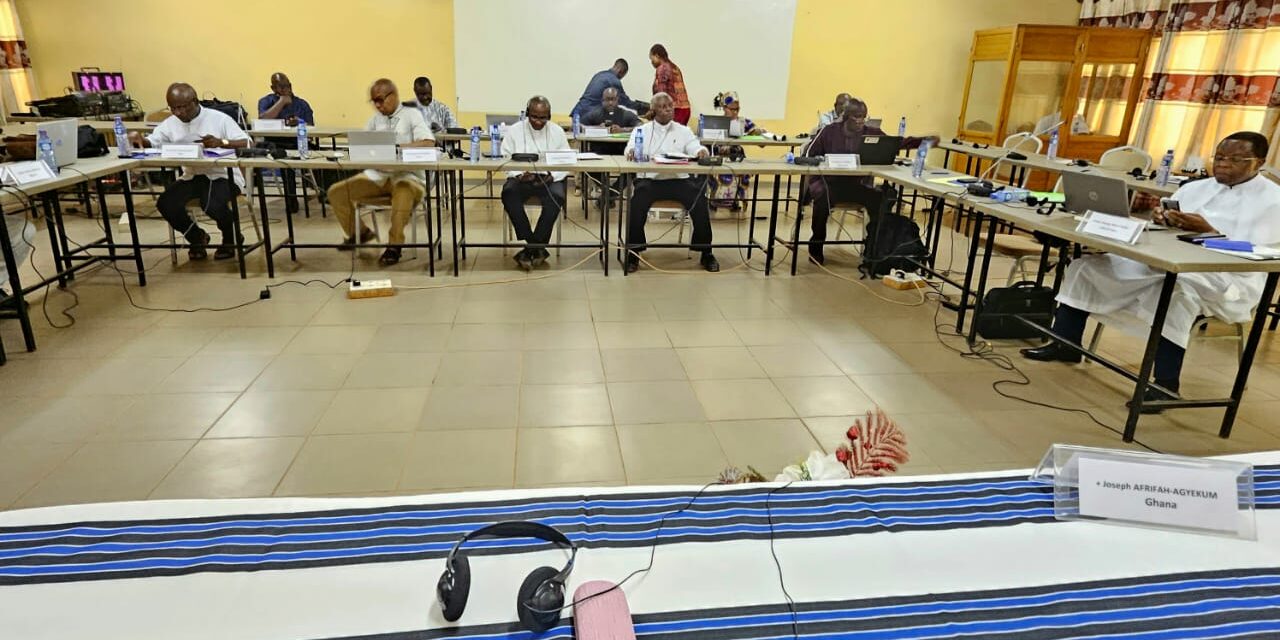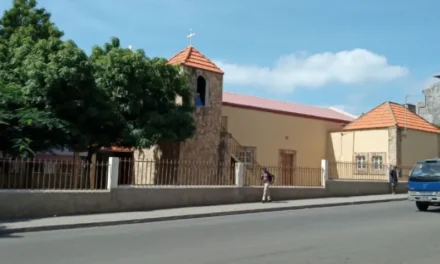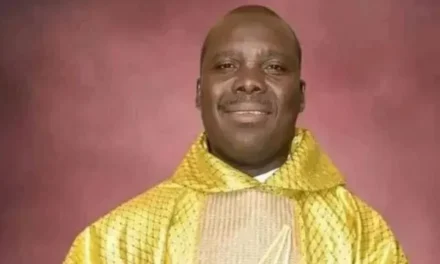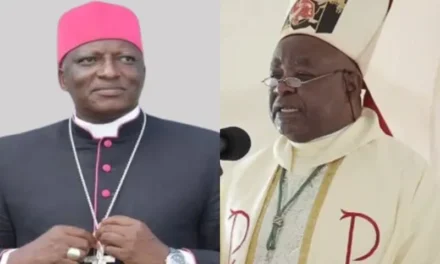The third day of our session featured the formation of the participants on advocacy. Invited for this formation are Madam Lucy Espila who is the representative of CARITAS AFRICA and Mr. Vitus Adaboo Azeem, in charge of CARITAS GHANA. The day kicked off with a holy mass. In the conference hall, we began with self-presentations followed immediately by a lecture on CLIMATE CHANGE AND SOCIAL INEQUALITY, delivered by the Secretary-General Fr. Vitalis Anaehobi. He delivered a well-researched and moving lecture where he quoted the Holy Father, Pope Francis profusely. He followed the Holy Father strictly on his ideas in LAODATO SI.
He described the deposition of toxic wastes in Africa by foreign companies and the unceasing pollutions in our lands as evil. He opened our eyes to what the Pope calls ecological racism. It is important to note that we are given the world to take care of. One must not forget that exploring and caring for the earth is what the pope called inter-generational solidarity. We must be grateful to the past generation that preceded us and me must not forget the generation yet to come. He therefore called for a change of mentality by reducing our craze for acquisition galore. Let us not forget that if one thing is enough for me, having or getting two is a waste. When we keep acquiring, instead of developing we will keep enveloping ourselves. Fr. Vitalis called for a practical engagement for a better society which the Holy Father described as social love. We must learn to spend less on ourselves but spent more on our society. We must therefore moderate our desire for an ongoing acquisition. This implies guiding against waste and drawing a line between our wants and our needs. We cannot keep buying things even the ones we do not need. Let us accept that we must be more natural than artificial in our daily living.
He concluded his lecture on environmental education by emphasizing genuine conversion in the way we see and treat others. The family plays a major role in this aspect by drilling us on how to love and appreciate each other. The Church and the government have huge roles to play in this area. The government should help in reducing the use of plastic, reduce the waste of water and electricity. He gave example with Rwanda where plastic is not allowed in the country. In general, everyone has something to contribute in this area. One must help to avoid every form of waste. He quoted a priest who asked in one of his sermons, what will it profit a man if he loses the earth and gains heaven. Embarrassing as it may appear but he was referring to taking care of the earth which God freely gave to us to husband.
One of the participants from Liberia called for the Church to begin this environmental protection. The Church has many schools and we can begin by doing a tangible thing like asking the children not to come with plastic papers. Another representative from Nigeria called for the use of the pulpit for conscientizing our people and implementing the LAODATO SI. The moderator underlined the fact that advocacy is very costly and calls for sacrifices. Another Nigerian suggested an enlightenment campaign using the national radios and televisions so that the conscientization message will be all inclusive. A major resource person Madam Lucy Espila took up a different aspect and called for carefulness on the food we eat. Greater part of the food we eat today are produced from plants grown with fertilizers and they are not so healthy for humanity. Above all, some fertilizers have expired but they still find their way into our African continent without control.
After this lecture and the accompanying questions and sharing, most of the participants were saddened. The environment got more charged and polluted when the priest-representative from Liberia gave us the Liberian situation report and it got worsened by the messages from Guinea Bissau, Togo etc.
- CATHOLIC ARCHBISHOP IN GHANA HAILS POPE LEO XIV AS GOD’S GIFT - 23 mai 2025
- POPE LEO XIV TO APPROVE CANONIZATIONS - 22 mai 2025
- THE EVOLUTION OF PAPAL TRANSPORTATION - 20 mai 2025







